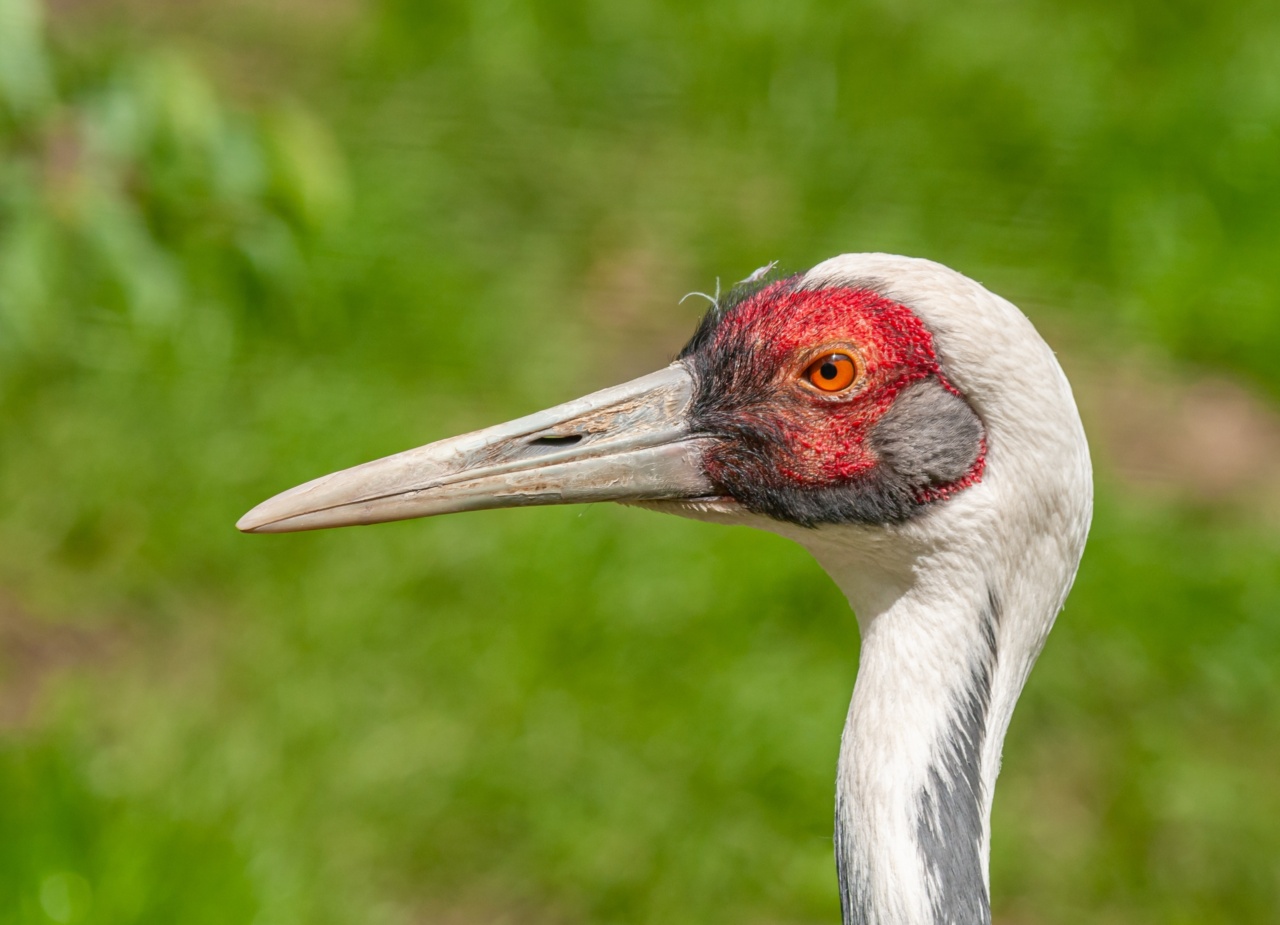It’s no secret that red wine has long been associated with health benefits, from reducing the risk of heart disease to improving cognitive function. But did you know that it may also play a role in preventing head and neck cancer?.
A recent study published in the American Journal of Clinical Nutrition found that red wine may contain compounds that can help protect against head and neck cancer.
The study, which was conducted by a team of researchers from the University of Colorado, analyzed data from over 900 people who had been diagnosed with head and neck cancer and compared it to data from a control group of over 1,200 people who did not have cancer.
The Link Between Red Wine and Cancer Prevention
The study’s findings suggest that the compounds found in red wine, known as polyphenols, may have anti-tumor properties that can help prevent the growth and spread of cancer cells.
Polyphenols are naturally occurring compounds found in many plant-based foods and drinks, including red wine, fruits, vegetables, and tea. These compounds have been shown to have a variety of health benefits, including reducing inflammation, improving heart health, and protecting against certain types of cancer.
One specific polyphenol found in red wine, called resveratrol, has been the subject of much research in recent years due to its potential cancer-fighting properties.
Resveratrol has been shown to inhibit the growth and spread of a variety of cancer cells, including those that cause breast, lung, and prostate cancer. Additionally, studies have found that resveratrol may help prevent the formation of new blood vessels that tumors need to grow and spread.
How Red Wine May Help Prevent Head and Neck Cancer
The study conducted by the University of Colorado researchers found that people who drank moderate amounts of red wine on a regular basis had a lower risk of developing head and neck cancer than those who did not drink red wine.
The researchers believe that the polyphenols found in red wine may help protect against head and neck cancer by inhibiting the growth and spread of cancer cells and reducing inflammation in the body.
Specifically, the researchers found that people who drank one or two glasses of red wine per day had a 13% lower risk of developing head and neck cancer than those who did not drink red wine.
However, it’s important to note that excessive alcohol consumption can actually increase the risk of developing head and neck cancer, so it’s important to drink in moderation.
Other Ways to Reduce Your Risk of Head and Neck Cancer
While drinking red wine in moderation may be one way to reduce your risk of head and neck cancer, there are many other steps you can take to protect yourself from this type of cancer. Some other ways to reduce your risk include:.
Eating a Healthy Diet
A healthy diet rich in fruits, vegetables, lean proteins, and whole grains can help provide the nutrients your body needs to fight off cancer and other diseases.
Additionally, certain foods may have cancer-fighting properties of their own, such as cruciferous vegetables like broccoli, kale, and cauliflower.
Avoiding Tobacco Products
Tobacco use is one of the biggest risk factors for head and neck cancer. Smoking and using other tobacco products can damage the cells in your throat and mouth, increasing the risk of cancer formation.
Quitting smoking and avoiding other tobacco products is one of the most important steps you can take to protect yourself from head and neck cancer.
Limiting Alcohol Consumption
Excessive alcohol consumption can also increase your risk of head and neck cancer. It’s important to drink in moderation and to never drink and drive.
Practicing Safe Sex
Some types of head and neck cancer are caused by the human papillomavirus (HPV), a sexually transmitted infection. Using protection during sex and getting vaccinated against HPV can help reduce your risk of developing cancer caused by this virus.
Conclusion
While more research is needed to fully understand the link between red wine and head and neck cancer prevention, the study conducted by the University of Colorado researchers provides promising evidence that moderate red wine consumption may offer some protective benefits. However, it’s important to remember that excessive alcohol consumption can actually increase the risk of developing cancer, so it’s always important to drink in moderation.
Additionally, there are many other lifestyle factors that can help reduce your risk of head and neck cancer, including eating a healthy diet, avoiding tobacco products, limiting alcohol consumption, and practicing safe sex.





























